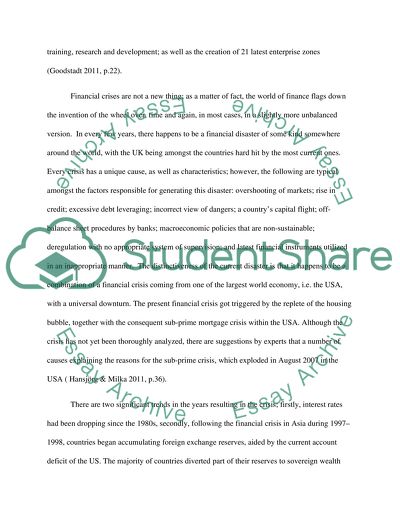Cite this document
(“Economic policies of the UK on overcoming global financial crisis of Essay”, n.d.)
Retrieved from https://studentshare.org/macro-microeconomics/1399420-economic-policies-of-the-uk-on-overcoming-global-financial-crisis-of-2008
Retrieved from https://studentshare.org/macro-microeconomics/1399420-economic-policies-of-the-uk-on-overcoming-global-financial-crisis-of-2008
(Economic Policies of the UK on Overcoming Global Financial Crisis of Essay)
https://studentshare.org/macro-microeconomics/1399420-economic-policies-of-the-uk-on-overcoming-global-financial-crisis-of-2008.
https://studentshare.org/macro-microeconomics/1399420-economic-policies-of-the-uk-on-overcoming-global-financial-crisis-of-2008.
“Economic Policies of the UK on Overcoming Global Financial Crisis of Essay”, n.d. https://studentshare.org/macro-microeconomics/1399420-economic-policies-of-the-uk-on-overcoming-global-financial-crisis-of-2008.


